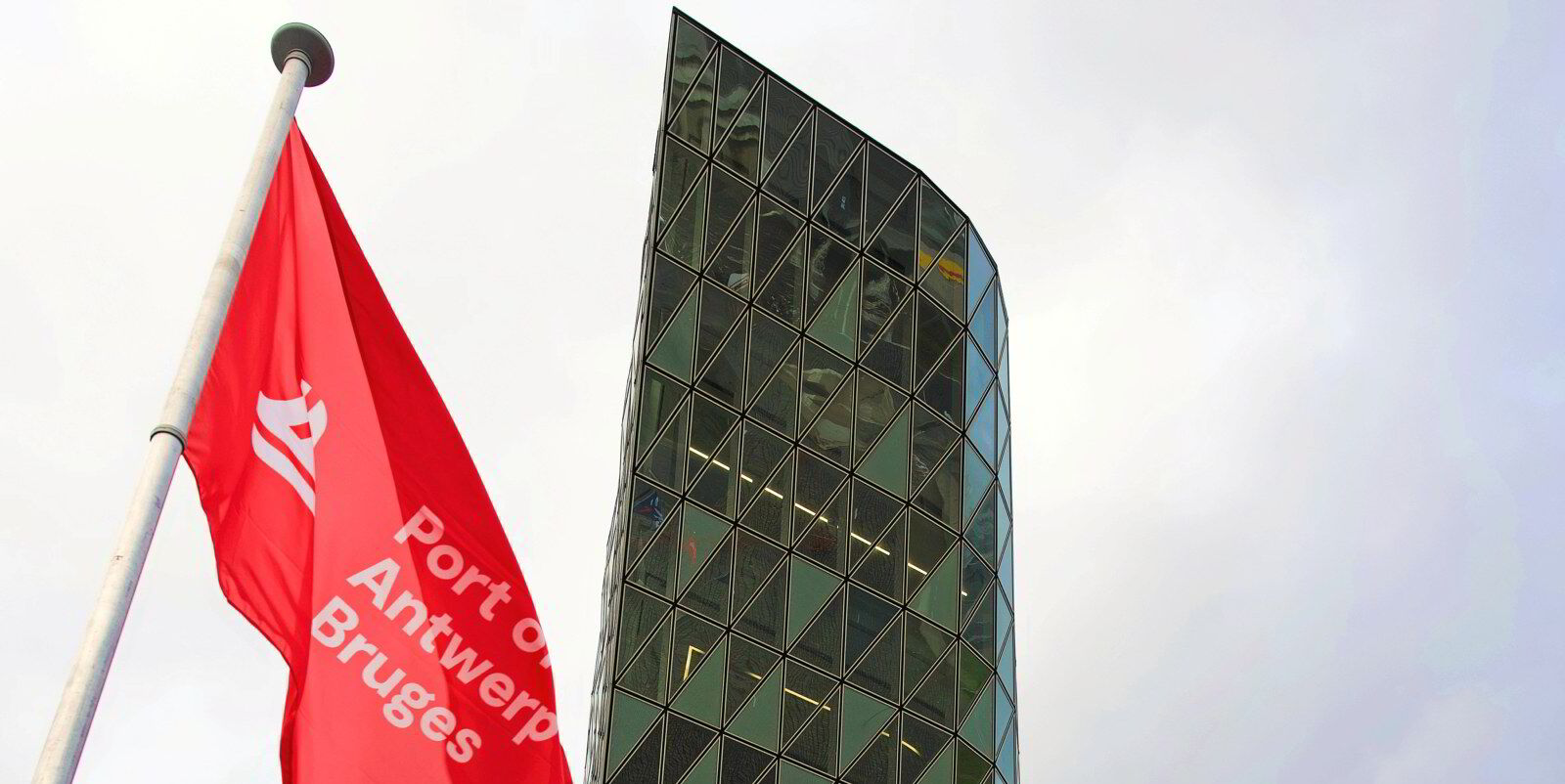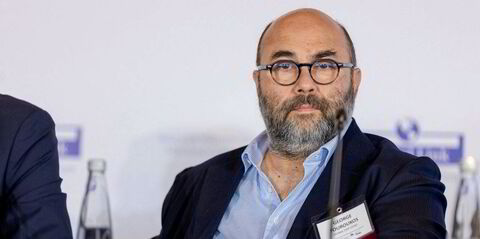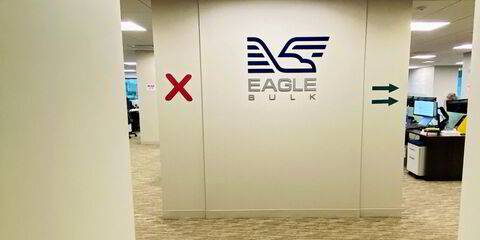Belgium and the Netherlands have agreed to make bunker suppliers deliver green fuels to ships in Antwerp, Rotterdam and other ports.
Both countries will impose an obligation on suppliers to reduce CO2 chain emissions in a stepped way out until 2030.
Under the European Union’s Fit for 55 set of packages there are three main requirements that affect shipping.
The Emissions Trading System (ETS) is in force already and the FuelEU Maritime kicks in at the end of this year, albeit at a low level.
The third element is the revised renewable fuel directive, or REDIII, which pushes more burden on member states to get fuel makers and energy users to develop and use clean energy.
The percentage of national energy provided at bunkers to ports in Netherlands and Belgium is higher than in many other EU member states.
The two countries have agreed to work together to encourage renewable bunker supplies, whether biofuels or e-fuels, the latter known in Brussels as renewable fuels of non-biological origin, RFNBOs.
REDIII comes into force in 2025 and sets an EU target for renewable energy at a minimum of 42.5% by 2030.
The Dutch-Belgian memorandum of understanding was signed on 11 June.
Regulatory experts in Brussels have told TradeWinds that while the requirements of the ETS and FuelEU Maritime force shipping companies and managers to focus on efficiency and new fuels, there are not enough incentives for developers of future fuels, such as green ammonia, green methanol, hydrogen or biofuels, to ensure there is sufficient fuel available for the industry.




